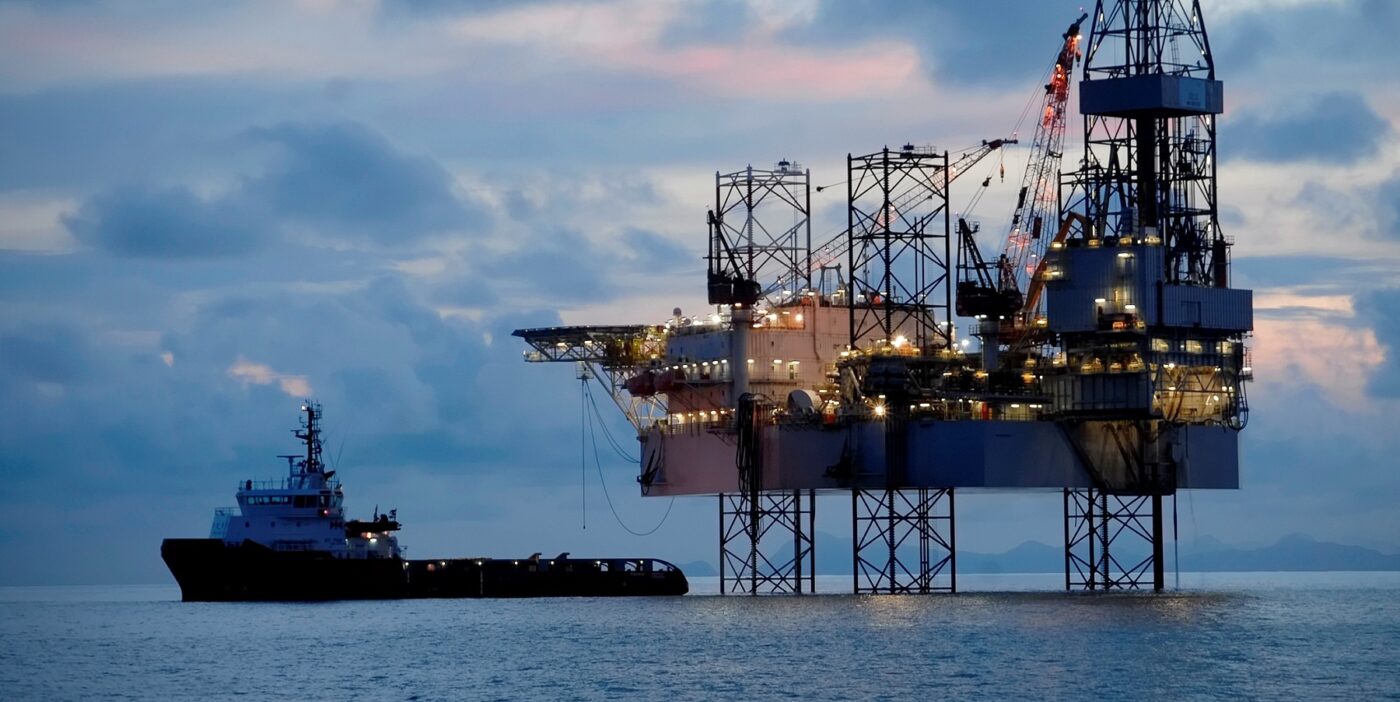Environmental legislation
Regulatory requirements, compliance, and industry guidance

Offshore oil and gas operations in the UK must comply with strict environmental regulations to ensure responsible exploration, production, and decommissioning.
This resource provides an overview of key statutory environmental requirements, including consents, operational schedules, reporting mechanisms, and legislative updates.
Information is updated quarterly to reflect the latest changes in legislation and industry practices.
Disclaimer: Information provided is for general purposes only and should not be considered legal or professional advice. Crown copyright material is used with permission and must not be resold or republished.
Key Legislative Updates
Brexit & Environmental Legislation
Following the UK’s exit from the EU on 31 January 2020, EU environmental legislation ceased to apply after 31 December 2020. Some EU directives were not retained, while others were amended or re-enacted within UK law.
The Retained EU Law (Revocation and Reform) Act 2023 integrates retained EU law into UK domestic legislation, renaming it “assimilated law”. The UK Government’s schedule of revoked EU laws is available here.
A post-Brexit legislation update document detailing amendments to environmental laws is available for download here.
OPRED Communications
The Offshore Petroleum Regulator for Environment & Decommissioning (OPRED) issues regular communications regarding environmental compliance and decommissioning activities in the offshore sector. These communications cover regulatory updates, operational guidance, and industry best practices.
Latest OPRED updates can be accessed here.
- How to Use This Resource
- The Statutory Regime
General Information
This resource provides guidance on statutory environmental requirements for offshore oil and gas operations. The content is regularly updated to reflect the latest regulatory changes.
-
01. Using the Information
- The material is for general reference only and does not constitute legal advice.
- Users should verify the accuracy and relevance of the information for their specific needs.
- For legal interpretation, professional advice should be sought.
-
02. Acknowledgments & Copyright
-
This resource has been developed with contributions from Xodus to ensure up-to-date and comprehensive guidance on offshore environmental regulations.
- All content is copyrighted by OEUK unless otherwise stated.
- The following actions are permitted:
- Printing or downloading for personal use.
- Quoting sections with proper attribution.
- Linking to this resource from relevant business materials.
- Content must not be reproduced or stored on other platforms without permission.
-
-
03. Liability Disclaimer
- OEUK does not guarantee the accuracy or completeness of the information.
- No liability is accepted for errors, omissions, or any decisions made based on the content.
- External links, where provided, are for reference only and OEUK is not responsible for their content.
-
04. Crown Copyright Material
Certain materials are used with permission from the Controller of Her Majesty’s Stationery Office. Such content must not be used for commercial purposes.
For further inquiries or feedback, please contact us.
This section provides an overview of the legal framework governing environmental regulations in the offshore oil and gas industry. It outlines the international, European, and UK legal structures, explaining how laws are developed, enforced, and applied in practice.
For detailed legal interpretations and specific applications, download the full guide below.
📥 Download The Statutory Regime Guide
-
05. International Law
- Treaty Law & Customary Law: International agreements such as treaties, conventions, and protocols govern state obligations, but these must be incorporated into domestic legislation to be enforceable.
- Key Agreements: Includes historical treaties from UNCLOS I (1958) and frameworks like the OSPAR Convention (1992), which emphasize environmental protection in offshore activities.
-
06. European Community Law
- EU Environmental Framework: Initially developed through the Treaty of Rome (1957) and later reinforced by environmental directives.
- Legislative Process: The European Commission, Council of Ministers, and European Parliament play a role in shaping laws.
- Regulations vs. Directives: Regulations apply directly, while directives require national implementation.
-
07. UK Law
- Legislative Process: UK laws are enacted through Parliament and include Acts, Regulations, and Orders.
- Devolved Powers: Environmental laws may differ in England, Scotland, and Wales due to devolved governance.
- Regulatory Approach: The UK applies a mix of emission standards, environmental quality objectives, and licensing systems for offshore operations.
-
08. Key Legal Concepts
- Precautionary Principle: Encourages pre-emptive action against environmental harm.
- Sustainable Development: Balances environmental protection with economic growth.
- Integrated Pollution Control (IPC) & Best Available Techniques (BAT): Ensures that industries adopt advanced pollution control methods.
-
09. Regulatory Bodies
- Department for Energy Security and Net Zero (DESNZ): Oversees offshore oil and gas regulation.
- Environmental Agencies (DEFRA, SEPA, CEFAS, Marine Scotland): Provide guidance on environmental protection and pollution control.
- OSPAR Commission & Maritime and Coastguard Agency (MCA): Enforce international agreements.
- Health and Safety Executive (HSE): Regulates safety and hazardous substances.
Legislation Index
The Legislation Index provides a comprehensive list of UK environmental laws relevant to offshore and onshore oil and gas operations.
Alphabetical Index
The Alphabetical Index provides an organized list of topics related to environmental regulations affecting offshore and onshore oil and gas operations.
Activity Index
The Activity Index categorizes UK environmental legislation by industry activities.
Summary Tables
The Summary Tables provides concise overviews of statutory environmental requirements for various offshore and onshore oil and gas activities.
